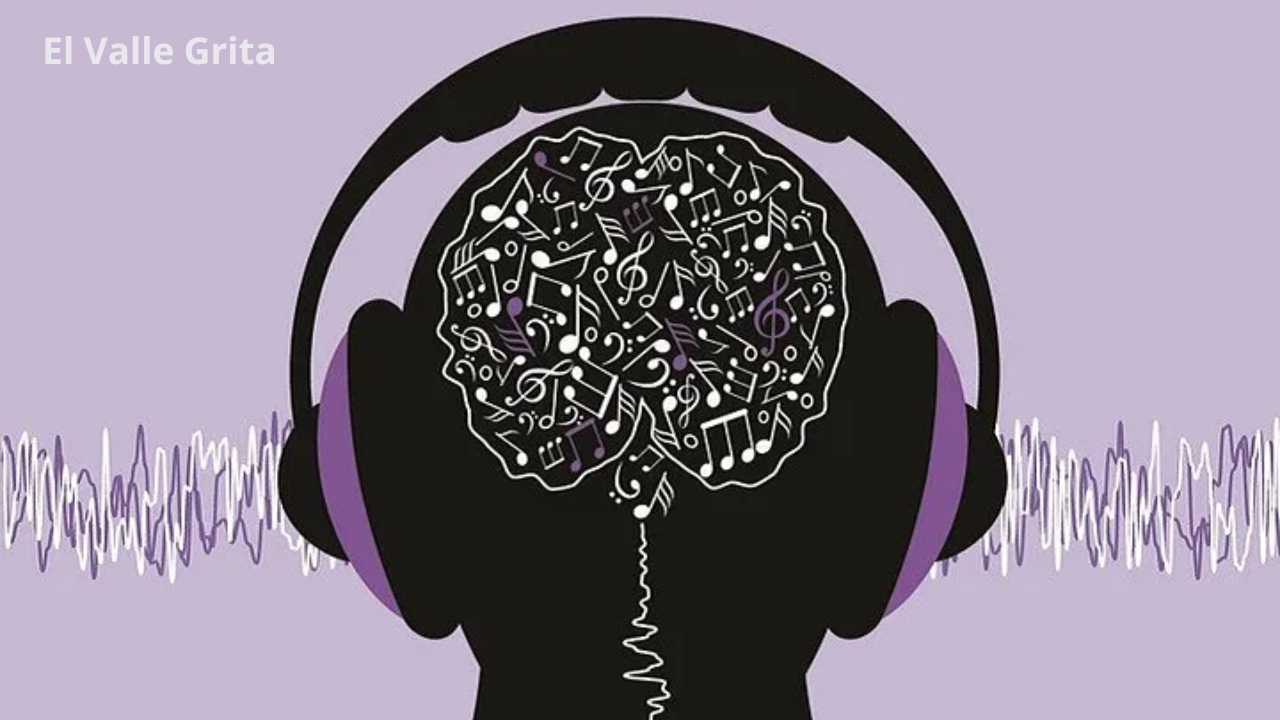How Music Affects Your Brain More Than You Realize!


How Music Affects Your Brain More Than You Realize!
How music affects your brain More Than You Realize!
El Valle Grita – Music has a profound impact on the music affects your brain, influencing emotions, memory, and even cognitive functions. Whether you’re listening to a relaxing symphony, an upbeat dance track, or a melancholic ballad, music affects your brain in ways that are far more complex than you might realize. Scientists have discovered that music stimulates multiple brain regions simultaneously, making it a powerful tool for enhancing focus, reducing stress, and even improving mental health.
Read more : Arti Mimpi Harimau Masuk Rumah: Kode Alam Prediksi Keramat 2D 3D 4D
The Science Behind How Music Impacts the Brain
Studies have shown that listening to music activates various parts of the brain, including the auditory cortex, hippocampus, and even the motor system. The brain music affects your brain processes rhythm, melody, and harmony differently, and each element has a unique effect:
- Rhythm influences motor coordination, explaining why music often makes people want to move or dance.
- Melody stimulates emotional centers in the brain, triggering nostalgia or deep emotions.
- Harmony engages higher cognitive functions, enhancing problem-solving skills and creativity.
These interactions suggest that affects your brain in both conscious and subconscious ways, impacting everything from mood regulation to decision-making.
How Music Enhances Memory and Learning
Have you ever wondered why it’s easier to remember song lyrics than a long speech? Music activates the hippocampus, the brain’s memory center, helping with retention and recall. This is why students often use background music while studying—it improves concentration and enhances memory.
Additionally, studies have revealed that classical music, often referred to as the Mozart Effect, can temporarily boost cognitive performance. While the idea that music makes you “smarter” is debated, there’s no denying that it plays a role in improving focus and learning efficiency.
Music’s Role in Emotional and Mental Health
One of the most fascinating ways music your brain is through its impact on emotions. Music has the ability to:
- Reduce stress by lowering cortisol levels.
- Release dopamine, the “feel-good” hormone, creating a sense of pleasure and reward.
- Act as a form of therapy for depression and anxiety by activating the brain’s emotional centers.
Many therapists incorporate music therapy into mental health treatment plans, as it has been proven to help individuals process trauma, improve mood, and foster emotional expression.
Why Music Helps with Focus and Productivity
Different types of music can either boost productivity or cause distractions, depending on the task at hand. Instrumental music, such as lo-fi beats or classical compositions, helps reduce distractions by engaging the brain’s background processing ability. This allows for better focus on cognitive tasks without overwhelming the mind with lyrical content.
For repetitive tasks, upbeat music can improve endurance and efficiency, while softer melodies can enhance creativity and problem-solving skills. This is why many people use background music when working or studying—it enhances concentration and makes monotonous tasks more enjoyable.
How Music Strengthens Social Connections
Music is deeply connected to human interaction. From ancient tribal drum circles to modern concert experiences, shared musical moments bring people together. The brain’s mirror neurons help us synchronize with others when we sing, play instruments, or even tap our feet in rhythm.
Research suggests that people who engage in musical activities together develop stronger social bonds and emotional connections. This is why music is an essential part of cultural rituals, celebrations, and community-building efforts.
Can Music Improve Physical Health?
Beyond mental and emotional benefits, music also has a surprising effect on physical health. Studies show that:
- Patients recovering from surgery experience reduced pain levels when exposed to soothing music.
- Heart rate and blood pressure can be regulated through slow-tempo music.
- Athletes perform better with motivational music, as it improves endurance and reduces perceived effort.
These findings highlight how music your brain in ways that go beyond the mind, influencing overall well-being.Music is more than just entertainment—it’s a powerful neurological force that shapes our thoughts, emotions, and behaviors. Whether it’s boosting memory, reducing stress, or strengthening social connections, the way music your brain is remarkable. The next time you press play on your favorite song, remember that your brain is engaging in a complex symphony of activity, enhancing your mind and body in ways you may not even realize.